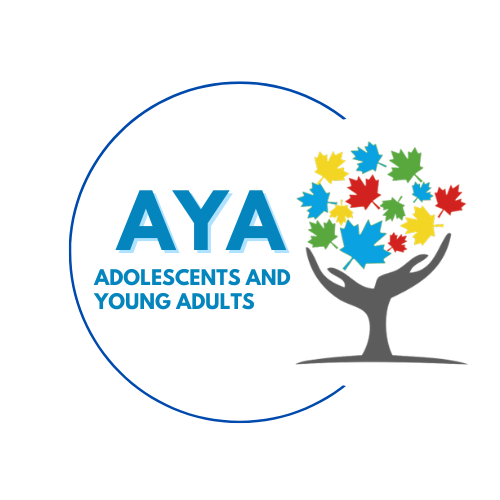Go to Health Care Provider version
| Diagnosis | Low-grade Glioma | Study Status | Open |
| Phase | I |
| Age | Up to 25 Years | Randomisation | NO |
| Line of treatment | Disease relapse or progression |
| Routes of Treatment Administration | Drug: Tovorafenib oral (immediate-release tablets or powder for reconstitution)
Drug: Vinblastine IV |
| Last Posted Update | 2025-11-21 |
| ClinicalTrials.gov # | NCT06381570 |
International Sponsor
IIT - The Hospital for Sick ChildrenPrincipal Investigators for Canadian Sites
The Hospital for Sick Children - Dr. Uri Tabori
HHSC/McMaster - Dr. Adam Fleming
CHEO - Dr. Nirav Thacker
Stollery Children's Hospital - Dr. Liana Nobre
BC Children's Hospital - Dr. Sylvia Cheng
CHU Ste Justine - Dr. Sébastien Perreault
Alberta Children's Hospital - Dr. Lucie Lafay-CousinCentres
Medical contact
Dr. Carol Portwine
Social worker/patient navigator contact
Jane Cassano
Clinical research contact
Sabrina Millson
Medical contact
Dr. Donna Johnston
Dr. Lesleigh Abbott
Dr. Nirav Thacker
Social worker/patient navigator contact
Sherley Telisma
Clinical research contact
Isabelle Laforest
Medical contact
Dr. Sarah McKillop
Dr. Sunil Desai
Social worker/patient navigator contact
Danielle Sikora
Michelle Woytiuk
Jaime Hobbs
Clinical research contact
Amanda Perreault
Medical contact
Rebecca Deyell
Social worker/patient navigator contact
Ilana Katz
Clinical research contact
Hem/Onc/BMT Clinical Trials Unit
Medical contact
Dr. Henrique Bittencourt
Dr. Monia Marzouki
Dr. Sebastien Perreault (neuro-onc)
Social worker/patient navigator contact
Marie-Claude Charrette
Clinical research contact
Marie Saint-Jacques
Medical contact
Dr. Victor Lewis
Social worker/patient navigator contact
Wendy Pelletier
Clinical research contact
Debra Rich
Study Description
 This study is eligible for STEP-1 funding. Find more information here.
This study is eligible for STEP-1 funding. Find more information here.

VICTORY is an early phase study for patients under 25 years who have a type of brain tumor called low grade glioma (LGG) that coms back or gets worse (recurrent or progressive). To participate on this study, the LGG must have certain genetic changes called CRAF or BRAF alterations.
The study has two parts:
Phase A: We are figuring out the best dose of a combination of two medicines, vinblastine and tovorafenib. Patients will take these medicines for a certain number of months, then just tovorafenib for a few more months. Their progress will be checked regularly with scans.
Phase B: After we find the right dose in Phase A, we'll test how well the combination of these drugs works. Patients will take these medicines for a certain number of months, then just tovorafenib for a few more months. Their progress will be checked regularly with scans.
Patients will be in the study for about two years unless their tumor gets worse (disease progression), they have bad side effects or they decide to withdrawal from the study.
Inclusion Criteria
- Patients must be less than or equal to 25 years of age at the time of enrollment
- Patient and/or their parent/guardian must sign an informed consent form to be enrolled on study
- Patients must have a diagnosis of low grade glioma (LGG) with a genetic alteration called BRAF or CRAF alteration that has come back (recurrent) or not responded to previous treatment (progressive)
- Patients must have completed at least 1 other therapy prior to enrollment on this study and recovered from its effects.
- Patients must have adequate performance status (daily activities which they are able to do)
- Must have adequate organ function in bone marrow, kidneys, liver, heart and thyroid
- Willingness of male and female patients with reproductive potential to use double effective birth control methods, defined as one used by the patient and another by his/her partner, for the duration of treatment and for 180 days following the last dose of study drug.
- Ability to swallow tablets or liquid, or gastric access via a nasal or gastric tube.
Other inclusion and exclusion criteria may apply and will be discussed with you by the study team.